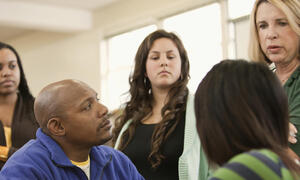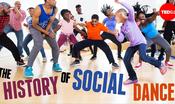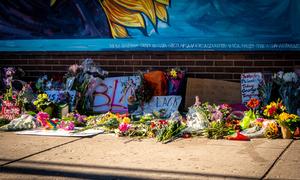article
Nathan Bedford Forrest: No Hero for Selma
Every city, town and hamlet has them: monuments commemorating pivotal events; memorials to heroes; parks, schools and public buildings named in honor of someone whose legacy is worth preserving.



